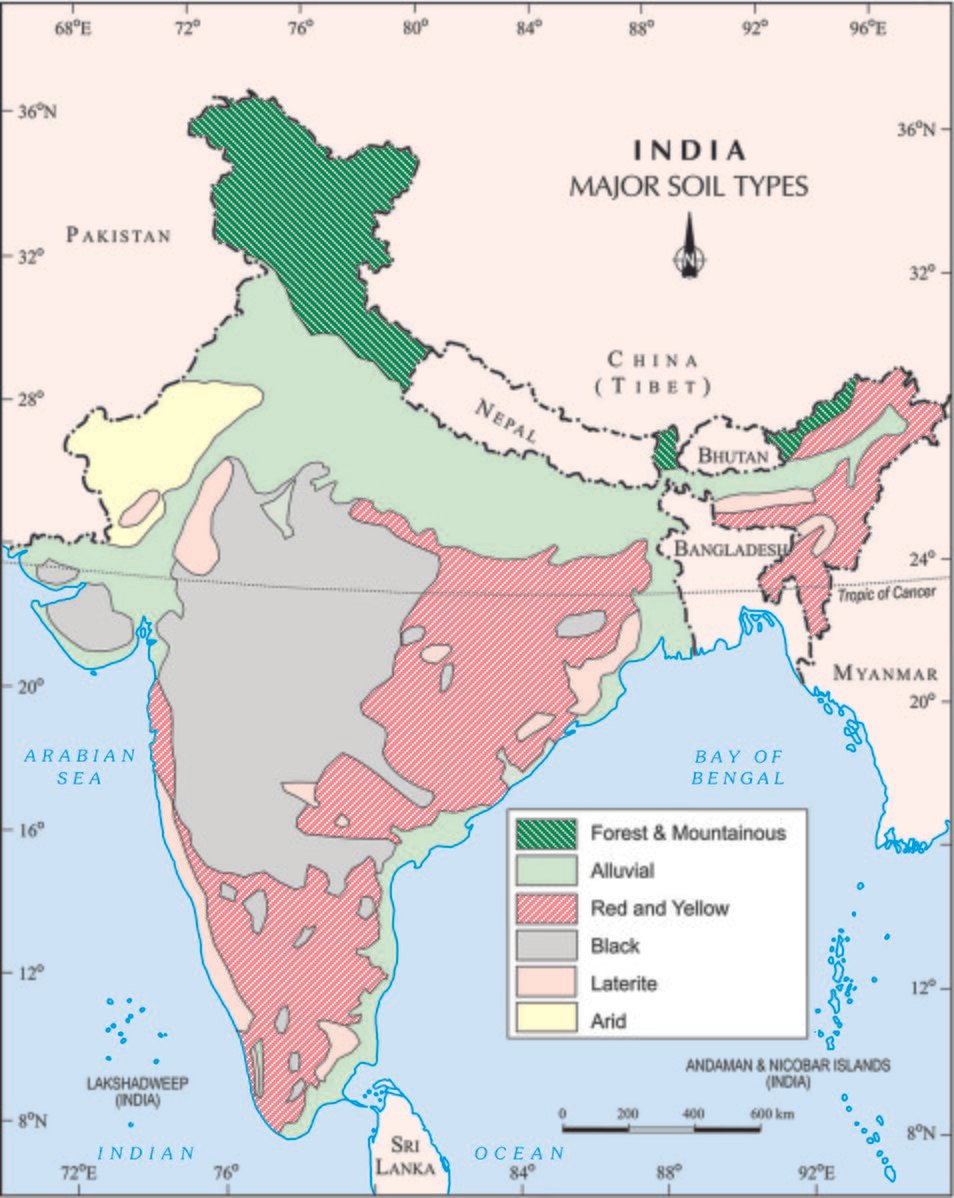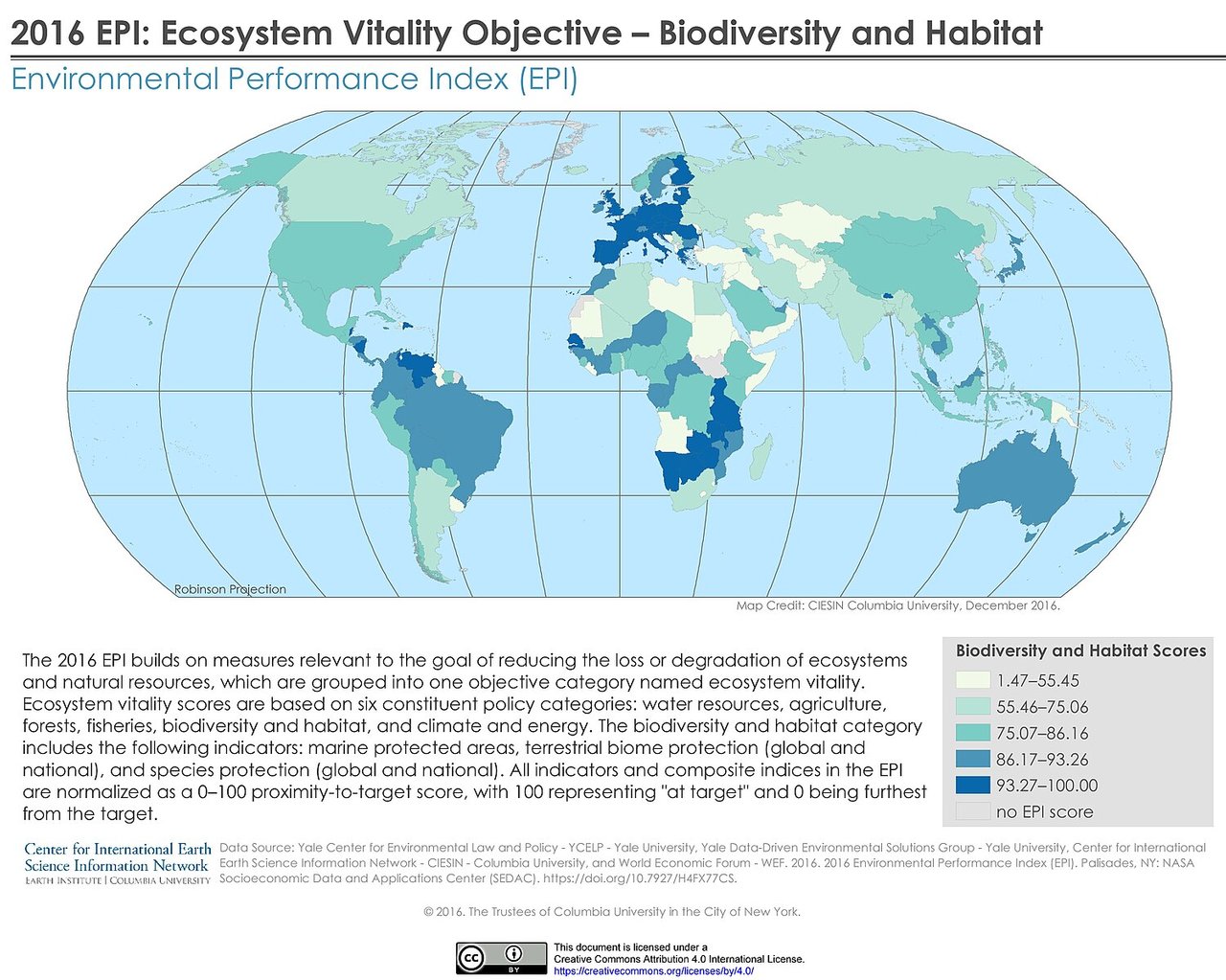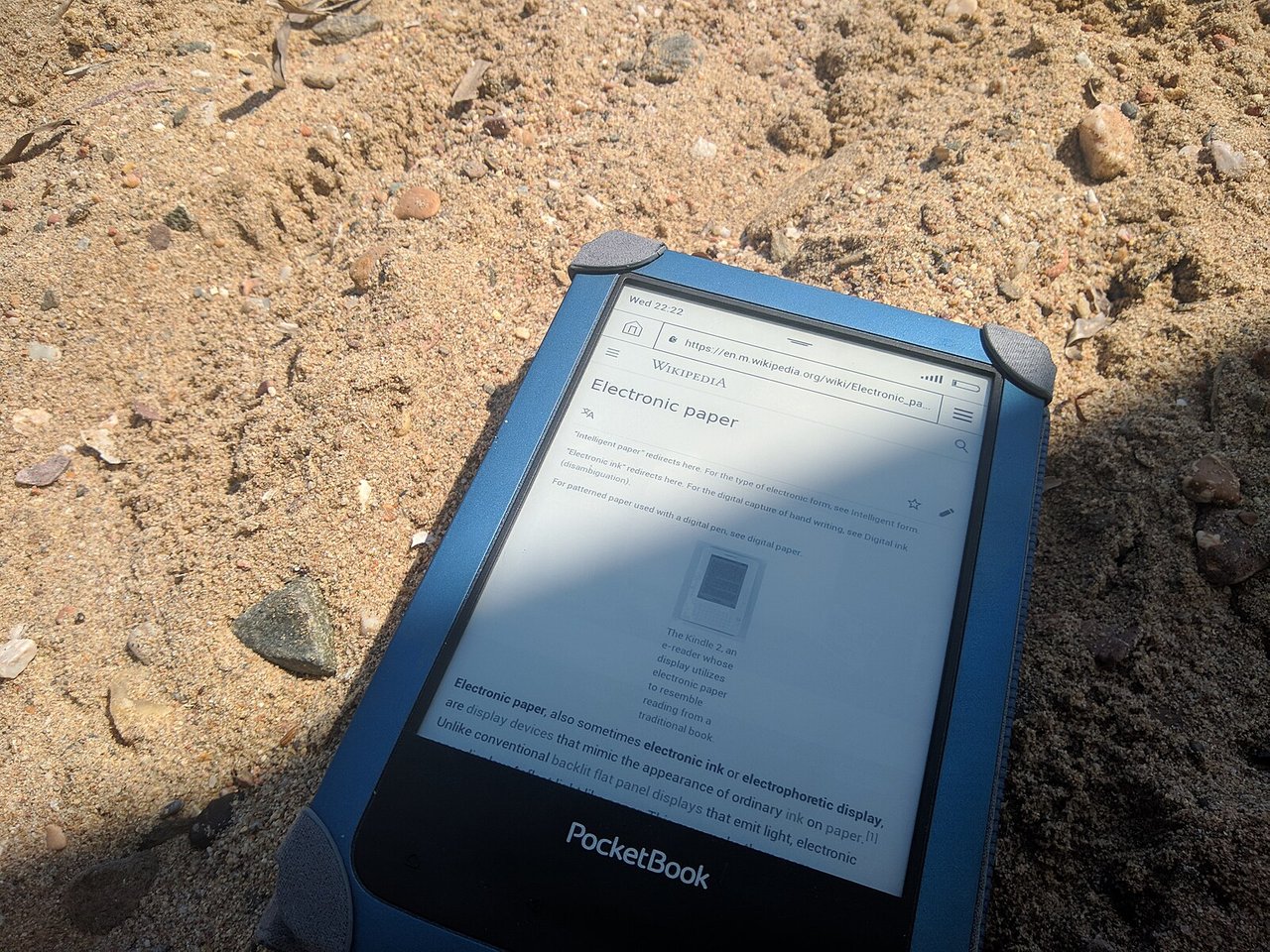Basic Knowledge in Agriculture #9
8 comments
Greetings friends of Steemit and Steem-Agro
SOIL PROVIDES WATER AND NUTRIENTS TO PLANTS AND TREES TO ENSURE THEIR EXISTENCE.
SOIL IS NOT ONLY A HOME TO NUMEROUS ORGANISMS BUT ALSO THE MOST CRUCIAL ELEMENT REQUIRED FOR GOOD AGRICULTURAL PRODUCE.
Due to India's vast geographical and climatic variations, we have various types of soils here.
DIFFERENT TYPES OF CROPS ARE GROWN IN A SPECIFIC AREA ACCORDING TO THE SOIL TYPE AND CLIMATIC CONDITIONS.
The formation of soil occurs when rocks break down due to various climate actions such as wind, water, or other factors.
SOIL PROFILE constructed by following layers
Horizon A (Topsoil)
Horizon B
Horizon C
Parent rock or rockbed
The uppermost horizon is rich in humus and minerals, which is why it generally has a dark color.
In 'Horizon B,' the quantity of humus is lower compared to 'Horizon A, but the quantity of minerals is higher.
Soil, in itself, is a complex and varied entity that has always drawn the attention of scientists.
India has various types of relief features, landforms, climatic realms, and vegetation types present within its borders.
EXTERNAL FEATURES
- TEXTURE
- COLOR
- SLOPE OF LAND
- MOISTURE CONTENT
INHERENT CHARACTERISTICS
Indian Council of Agricultural Research and LAND USE PLANNING INSTITUTE CONDUCTED RESEARCH ON INDIAN SOIL.
| Soil is characterized by the following parameters |
|---|
| THE SIZE OF THE SOIL PARTICLES, GENESIS , COLOR , COMPOSITION, LOCATION |
There are three types of soils based on the particle size. The size of the soil particles present in the soil affects the soil properties.
Sandy soil has a higher proportion of big particles. It is quite dry, light and aerated.
Clayey soil has a relatively higher proportion of small particles. It is heavy and hydrabad due to more water holding capacity.
Loamy soil has the same proportion of big and small particles. It is the best top soil for plants and mixture of sandy soil, clayey soil and silt soil. Silt particle size is in between Sand and Clyey. Loamy soil also contaIns more humus. Its water holding capacity is also highest.
Second classification of Indian soil based on GENESIS, COLOR, COMPOSITION and LOCATION
ALLUVIAL SOIL
Alluvial soils are found in the northern plains and northern river valleys. 40% of indian soil is of this type. It is a depostional type of soil. It may be converted into sandy loamy and clayey types. Alluvial soils are found in the northern plains and northern river valleys. It is rich in potassium but poor in phosphorus. Two types of alluvial soil are seen in Upper and middle ganga plains. These are called Khaddar and Bhaggar. Khaddar is rich in older alluvial and Bhaggar is rich in new alluvial soil. Both of it has higher concentration of calcerious is high.
Alluvial soil with LOAMY SOILS and CLAY SOIL were found more in Middle Ganga Plain, Lower Ganga Plain, BAHMAPUTRA VALYEE.
It's colour varies from light grey to ash grey.Actually it depends on the DEPTH OF DEPOSITION, TEXTURE OF THE MATERIAL and SOIL MATURITY. Intensive cultivation can be carried out rice, wheat, sugarcane, bazra, cotton, pie, chickpea, black gram, green gram, mastered, linseed, jute, maze, vegetables, soyabean and all types of oil seeds.
BLACK SOIL
Black soil is found in the upper reaches of Godavari and Krishna Rivers and Northwestern Deccan Plateau. It is considered as the best soil for cotton plantation. It is also called black cotton soil.
IT IS SELF PLOUGHING. IN BLACK SOIL BOTH ABSORPTION AND LOSS OF MOISTURE OCCUR SLOWLY, HENCE MOISTURE CAN BE RETAINED IN BLACK SOIL FOR A LONG TIME.
S
Rice, Sugarcane, Wheat, Sunflower, vegetables, citrus fruits, groundnut, and all kinds of oilseed other than cotton are also cultivated.
YELLOW AND RED SOIL
DUE TO PRESENCE OF IRON THE SOIL APPEARS RED. WHEN IRON BECOME HYDRATED SOIL APPEARS YELLOW. Rice, Wheat, Ground Nut, Sugarcane, Ragi and Potato are common cultivation in this soil. Pulses and fruits like mango and orange are also grown.
LATERITE SOIL
Laterite soil is found in high temperature and high rain areas. It is just like brick colur due to intense leaching of lime and silica. Iron oxides and Alluminium compounds stay in the soil.
This soil is poor in organic matter, nitrogen, phosphate and calcium, while also having excess of iron oxide and potash.
LATERITE SOILS NOT SUITABLE FOR CULTIVATION. APPLICATION OF MANURES AND FERTILIZERS IS REQUIRED TO MAKE THESE SOILS FERTILE ENOUGH FOR CULTIVATION.
The soil is mainly used for making bricks. Cashew nut is cultivated in the soil of South Indian state of Kerala.
ARID SOIL
Colour of this soil can be red to black. It is a sandy structure and saline type. It has a high content of normal salt which can be extracted by evaporation.
DUE TO HIGH TEMPERATURE, ACCELERATED EVAPORATION LACKS MOISTURE AND HUMUS.
CALCIUM CONTENT or 'Kankar' layer formation restricts downward infiltration of water in this soil. Mellite and maze can be cultivated in the soil.
SALINE SOIL
DUE TO HIGH SODIUM POTASSIUM AND MAGNESIUM THE SOIL IS INFERTILE.
In such areas, farmers are advised to add gypsum to the soil to address the problem of soil salinity.
PEATY SOILS
PEATY SOILS are found in Heavy Rainfall and High Humidity areas.
PEATY SOILS provides the soil with a rich quantity of humus and organic content.
Forest soil
When the soil gets denudated to the snowy areas of the Himalayas, they become acidic and their humus content also becomes low.
Thank you for reading my post.
I would like to invite three fellow Steemians to participate in the contest
@chiagoziee
@eveetim
@avalanch



Comments